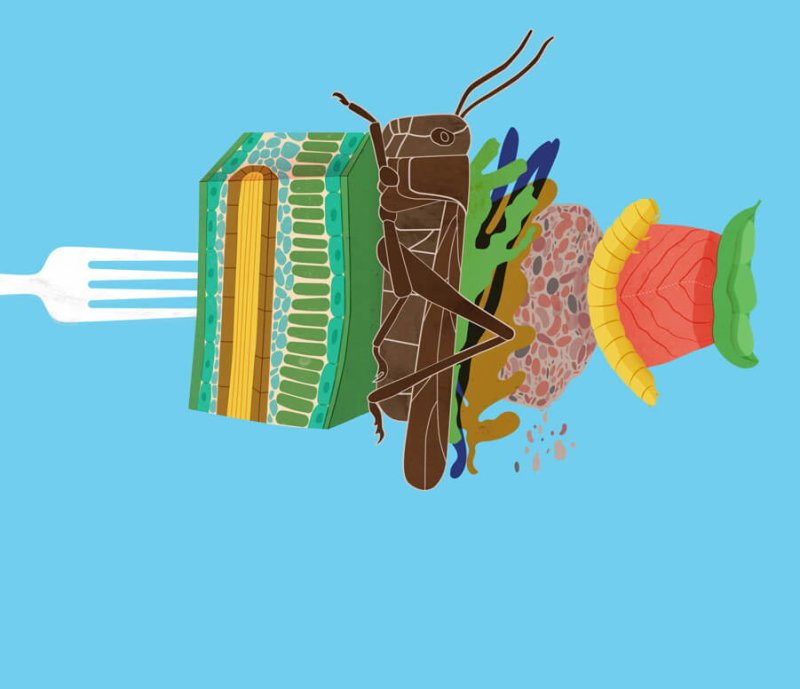Livestock production is a major contributor to climate change, especially in wealthier countries like the U.S., and won’t be able to keep up with population growth. So the race is on to develop new proteins to feed the nearly 10 billion people who will inhabit the planet by 2050. … Here are some options in the works:
…
Yeast-Based Meats and Dairy
Genetically engineered yeast is becoming a key tool for turning plant materials into meat-like substances. Consumers can already chow down on a plant-based burger that bleeds and tastes like beef, thanks to an ingredient made from bioengineered yeast. Another company uses yeast to produce non-dairy milk that tastes like the real thing.
…
Algae
Strains of algae that are high in protein are being bred as a replacement to soy and whey-based protein powders. Algae have the advantage of being high in omega-3 acids and other nutrients, and lack the allergen issues of soy and whey.
Lab-Grown Protein
Companies are looking at culturing meat in a lab from livestock cells in order to create the meat products consumers expect without the environmental consequences of actually raising large numbers of animals.
[To view the full list, click the link below]
The GLP aggregated and excerpted this article to reflect the diversity of news, opinion and analysis. Read full, original post: Seven alternative proteins































